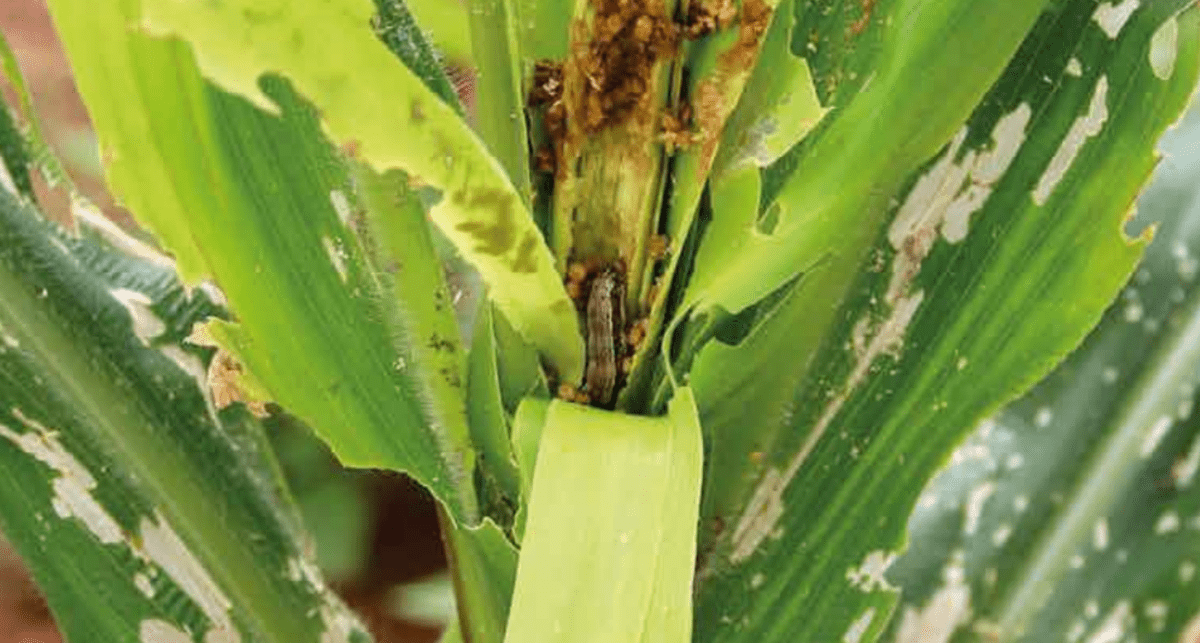African Armyworm Resurgence Threatens Food Security in Eastern Africa, FAO Raises Alarm

The Food and Agriculture Organization (FAO) has issued a warning about the re-emergence of the African Armyworm in six Eastern African countries, including Kenya. This invasive pest poses a significant threat to the already fragile food and nutrition security in the region.
Having already invaded 23 counties within Kenya, the African Armyworm’s return after a 21-year absence has dealt a severe blow to the agricultural sector. Experts attribute the resurgence of this destructive pest to the adverse effects of climate change, which have intensified the challenges faced by farmers.
Compounding the situation, this resurgence comes at a time when more than twenty counties, primarily in the arid and semi-arid regions, are still struggling to recover from the devastating effects of prolonged drought. Furthermore, the agricultural industry in the affected areas is still grappling with the aftermath of the Desert Locust invasion that occurred several months ago.
The proliferation of the African Armyworm can be attributed to the current weather conditions, which have created a highly conducive environment for the pest to breed and thrive. As a result, Kenya, Eritrea, South Sudan, Ethiopia, Somalia, and Uganda find themselves particularly vulnerable to the devastating effects of this pest.
Recognizing the gravity of the situation, the United Nations body, FAO, has allocated a budget of USD 500,000 for the purpose of training agriculture extension officers and providing them with the necessary equipment to effectively combat the African Armyworm infestation. This proactive approach aims to enhance the capacity of these officers in tackling the pest and safeguarding the agricultural industry from further devastation.
In line with their commitment to addressing this critical issue, the FAO recently launched the African Armyworm Management Project in Naivasha, Kenya. The project’s objective is to develop comprehensive strategies and implement effective management techniques to control the spread of the pest and minimize its impact on crop yields and food production.
The launch of this project signifies a united effort among Eastern African countries and international organizations to combat the resurgence of the African Armyworm. By pooling resources, knowledge, and expertise, stakeholders are determined to protect the livelihoods of farmers and ensure the availability of food for the region’s growing population.
The FAO’s alert regarding the re-emergence of the African Armyworm serves as a timely reminder of the urgent need for countries to address the challenges posed by climate change and invest in sustainable agricultural practices. Only through proactive measures, collaboration, and innovative approaches can we mitigate the threats to food security and build resilient agricultural systems capable of withstanding future challenges.



